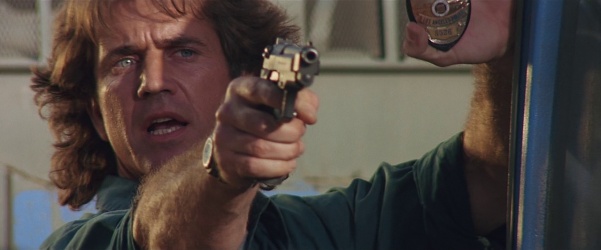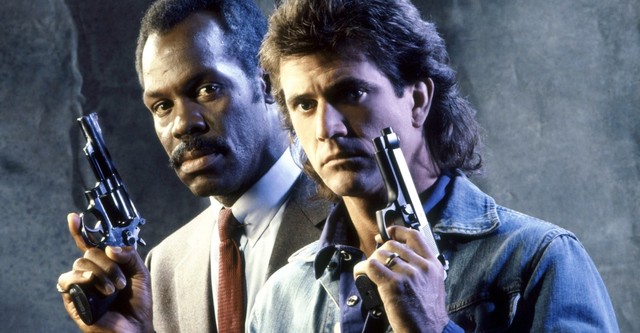Lethal Weapon (1987): The Explosive Beginning of a Legendary Buddy-Cop Saga
Released in 1987 and directed by Richard Donner, Lethal Weapon redefined the action genre and popularized the "buddy cop" formula that would become a staple of Hollywood cinema. With a mix of hard-hitting action, razor-sharp dialogue, and surprisingly layered emotional depth, the film remains a cornerstone of '80s cinema. Starring Mel Gibson as Martin Riggs and Danny Glover as Roger Murtaugh, Lethal Weapon is as much about friendship and redemption as it is about gunfights and explosions.
The story begins with LAPD Sergeant Roger Murtaugh turning 50 and contemplating retirement. His life is stable—he has a loving family, a decent job, and a good reputation. That peace is abruptly disrupted when he's partnered with Martin Riggs, a younger officer who is volatile, suicidal, and still grieving the recent death of his wife. Riggs is a highly trained former Special Forces sniper whose erratic behavior makes fellow officers nervous—but his instincts and combat skills are unmatched.
Together, the mismatched pair begin investigating the apparent suicide of a young woman connected to a shadowy drug-smuggling ring. Their case leads them into a violent confrontation with ex-military mercenaries involved in heroin trafficking—specifically a group known as "Shadow Company." As the two cops unravel the conspiracy, their professional partnership transforms into a genuine friendship, with each man helping the other confront his personal demons.
The dynamic between Gibson and Glover is the beating heart of the film. Gibson brings manic energy and vulnerability to Riggs, creating a character who is both dangerous and deeply human. Glover, as the world-weary Murtaugh, grounds the film with wisdom, sarcasm, and a quiet strength. Their chemistry is undeniable, and it's what elevates the movie from a standard action flick into a compelling character study.

Richard Donner's direction keeps the pace brisk while allowing room for emotional beats. The action scenes are tightly choreographed, realistic, and intense—whether it's a shootout in the desert, a high-speed chase through city streets, or the brutal hand-to-hand fight in the rain during the climax. Michael Kamen and Eric Clapton’s score adds a distinct, moody flavor to the film, blending blues and jazz with tension and melancholy.
While Lethal Weapon follows some classic genre tropes, it also breaks ground with its darker tone and exploration of mental health—especially Riggs’ depression and suicidal ideation. The film doesn’t shy away from the emotional cost of violence and loss, which was unusual for mainstream action films at the time.
Critically and commercially successful, Lethal Weapon grossed over $120 million worldwide and spawned three sequels, a TV series, and a legion of imitators. Its influence can be seen in everything from Bad Boys to Rush Hour. But none quite matched the original’s balance of gritty action, gallows humor, and real emotional stakes.



